Keywords: Australian Government
There are more than 200 results, only the first 200 are displayed here.
-
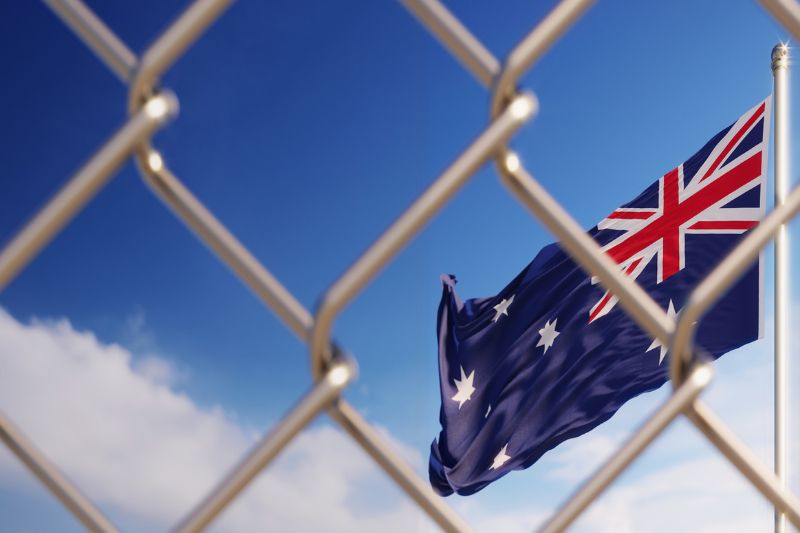
AUSTRALIA
- Kerry Murphy
- 08 December 2023
4 Comments
On 8 November, the High Court ordered a stateless Rohingya refugee known only as NZYQ to be released from detention. He could not be granted a visa because he was found gulity of sexually assaulting a minor, and he could not be sent anywhere because he is stateless. Until 8 November, he was stuck in indefinite mandatory detention.
READ MORE
-
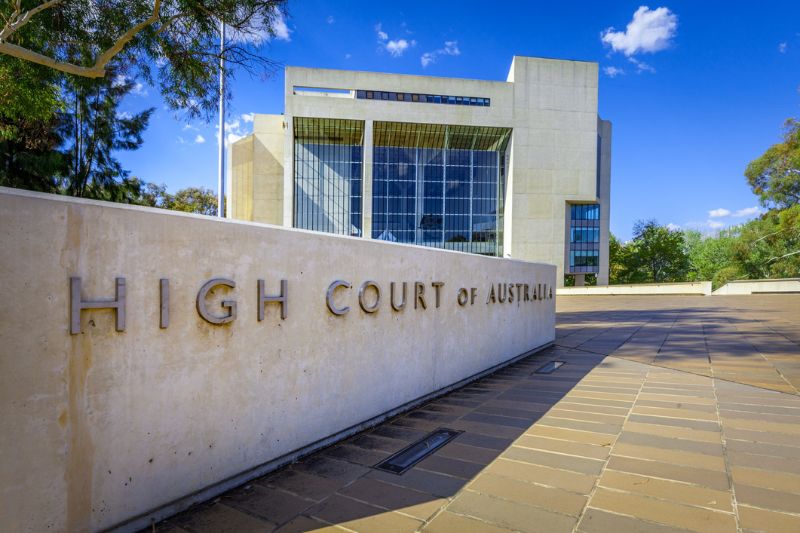
AUSTRALIA
- Frank Brennan
- 04 December 2023
8 Comments
Last month, the High Court overturned a controversial 2004 decision, reaffirming the principle that asylum seekers cannot be detained indefinitely without prospects of deportation. This ruling not only corrects a historical misstep but also reasserts the High Court's commitment to limiting executive overreach.
READ MORE
-
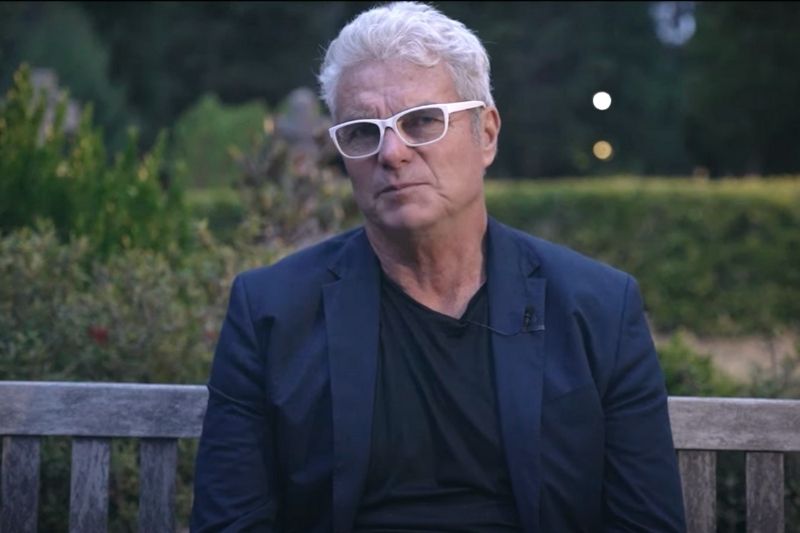
AUSTRALIA
- Binoy Kampmark
- 30 November 2023
3 Comments
Charged with breaching national security for exposing alleged war crimes by Australian forces in Afghanistan, former Australian military lawyer David McBride's trial in Canberra rekindles a debate that tests the boundaries of military obedience and public interest. At the heart of this legal battle lies the question: when does the duty to expose wrongdoing outweigh the duty to follow orders?
READ MORE
-
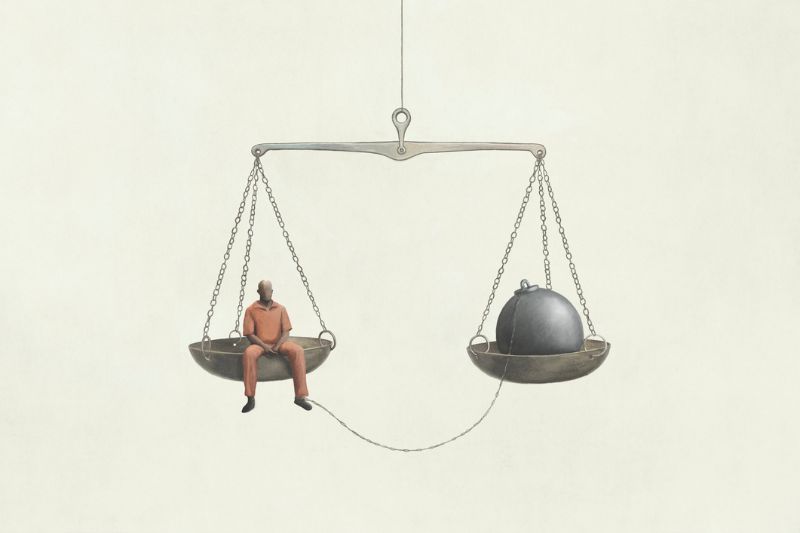
AUSTRALIA
- Andrew Hamilton
- 30 November 2023
8 Comments
Any legislation hastily designed to negate the effect of the High Court decisions will be vulnerable again to be struck down on judicial appeal. That haste suggests an initial disregard for human rights and the rule of law by Governments and an ingrained resistance to any limitation of its power. Vindictive laws come at a heavy cost to the integrity and reputation of the lawmakers.
READ MORE
-
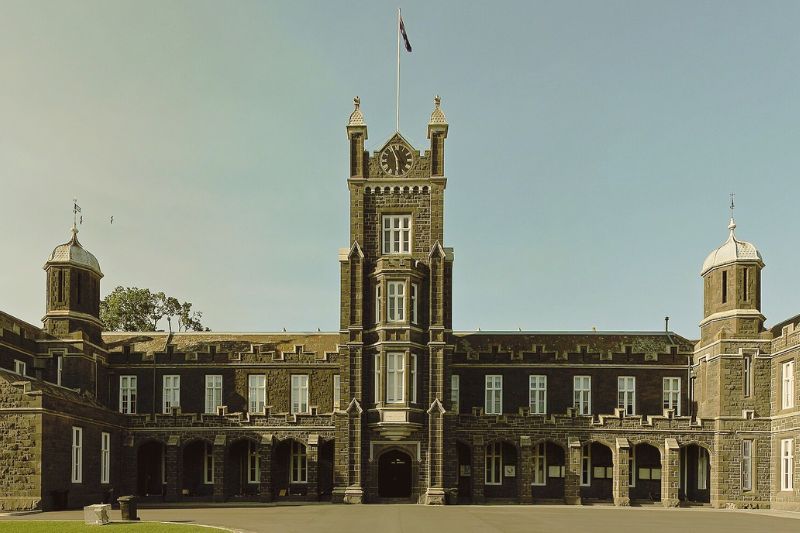
EDUCATION
- Chris Curtis
- 29 November 2023
6 Comments
Australian school funding is full of common misconceptions, and creating a rational, just, and effective school funding model requires cutting through media-driven inaccuracies to understand the real needs of Australian students and schools.
READ MORE
-

ENVIRONMENT
- Anthony N Castle
- 28 November 2023
1 Comment
There is an economic case for acting on the climate crisis but the economics can be a distraction unless we start the conversation at the right place: the environment. A heating climate will cost us trillions. If we don’t act at all, it will cost us everything.
READ MORE
-

RELIGION
- Andrew Hamilton
- 23 November 2023
3 Comments
Those who declare that the real enemy is war and who advocate for peace are usually criticised for being naively optimistic. But it is possible to recognise war to be the real enemy, while simultaneously recognising the complex challenges involved in avoiding war and encouraging peace.
READ MORE
-

RELIGION
- John Warhurst
- 14 November 2023
11 Comments
Religion and politics are frequent bedfellows. Despite many clerics and bishops holding strong political views, and many lay Catholics being active within political parties, the successful embrace of synodality depends upon finding middle ground, and leaders who respect a diversity of views.
READ MORE
-
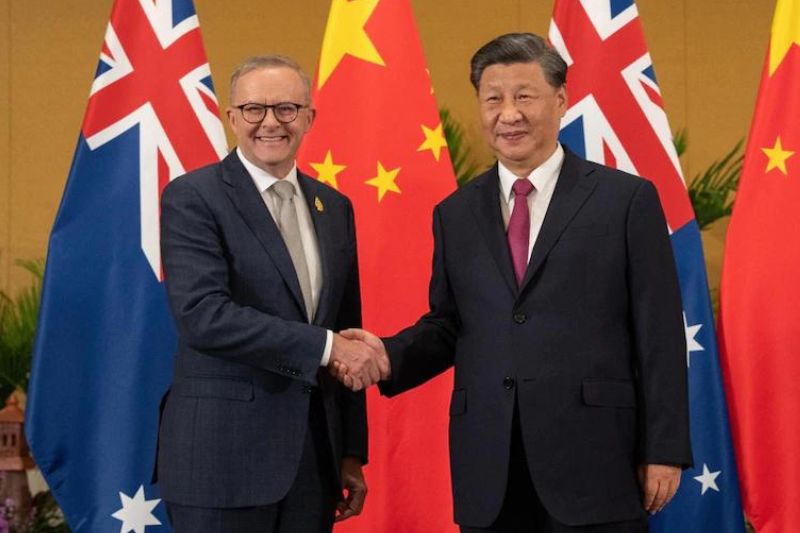
INTERNATIONAL
- Jeremy Clarke
- 13 November 2023
8 Comments
In a global landscape increasingly marked by fluid alliances, Prime Minister Albanese's diplomatic foray from Washington to Beijing had the dual aim of warming frosty relations with China and reinforcing the significance of foundational ties. This is not merely diplomatic choreography; it’s a story of Australia redefining its place in a complex global narrative.
READ MORE
-

AUSTRALIA
- Frank Brennan
- 09 November 2023
4 Comments
As the government drafts legislation to stem the rising tide of misinformation circulating online, the nation debates: will these measures sufficiently regulate online content and curb potential harms or threaten freedom of expression? This moment is a critical test for the integrity of Australia's public discourse.
READ MORE
-

AUSTRALIA
- Binoy Kampmark
- 09 November 2023
1 Comment
Next week, former army lawyer David McBride will face trial, accused of leaking classified defence information. Meanwhile, the prospect of meaningful whistleblower reforms that would shield Australian public servants who contemplate exposing wrongdoing through the media seems remote.
READ MORE
-
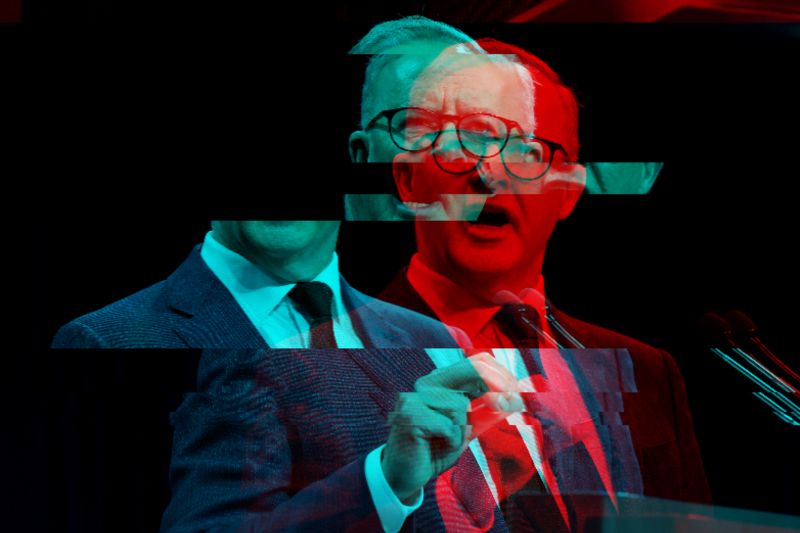
AUSTRALIA
- Julian Butler
- 02 November 2023
1 Comment
The proposed Misinformation Bill straddles the delicate balance between freedom of speech and the rising threat of misinformation, posing a challenge that could redefine the landscape of media and public conversation. The problem goes beyond discerning the truth, but determining how a democratic society identifies it amid a sea of conflicting voices.
READ MORE